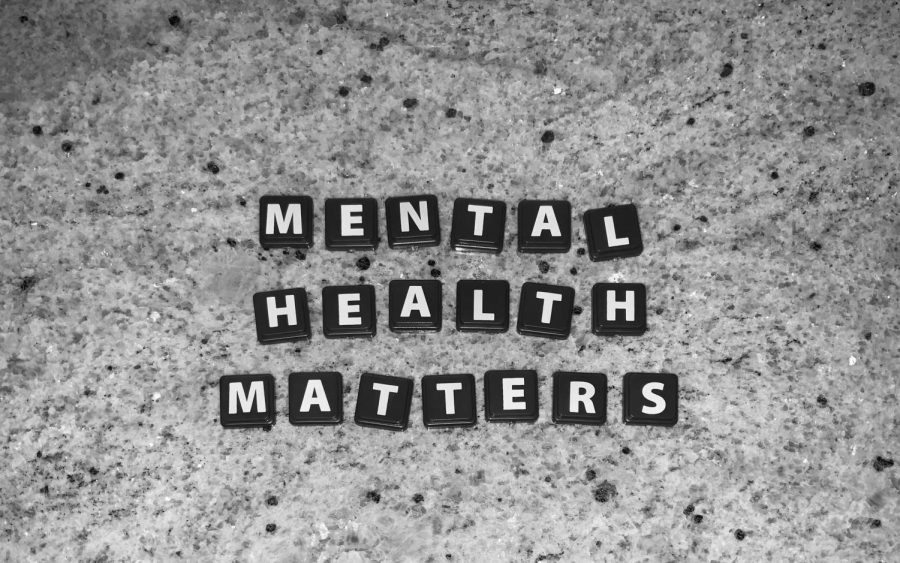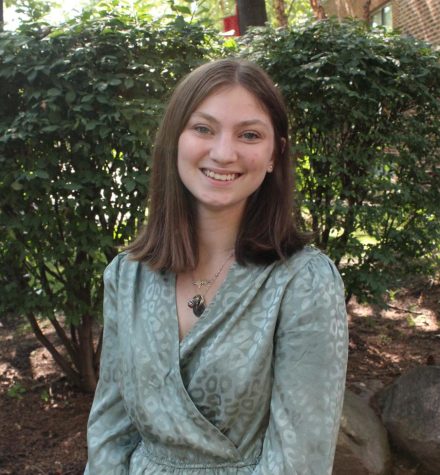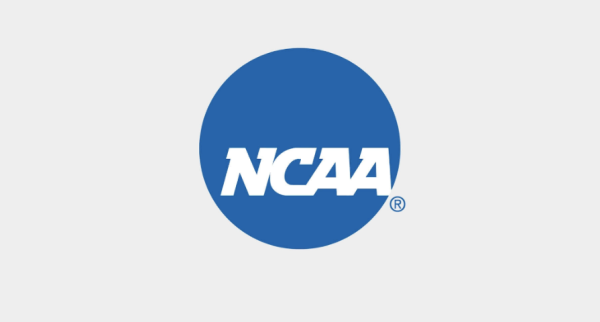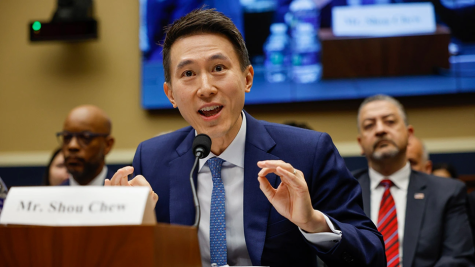Gannon community responds to suicide epidemic
Active Minds and Counseling Center work to reduce the stigma
In honor of National Suicide Awareness and Prevention Month, Gannon’s Active Minds chapter and the Counseling Center work to foster open conversations about mental health. September is National Suicide Awareness and Prevention Month and Sept. 4-10 is Suicide Awareness and Prevention Week.
September 8, 2022
September is National Suicide Awareness and Prevention Month and Sept. 4-10 is Suicide Awareness and Prevention Week.
Schools, universities and companies recognize this week as a time to raise awareness and understanding and to honor those who have lost loved ones to suicide.
Gannon is one of many schools that use this time to reflect on the impact of mental health and the effects that suicide has on a community. Gannon’s chapter of Active Minds, a national mental health advocacy group, discusses mental health year-round, Georgios Koutroulis, a senior accounting and entrepreneurship major and vice president of Gannon’s chapter of Active Minds, said.
“Active Minds focuses on the conversation about mental health with the intent to change the stigma around mental health,” Koutroulis said.
At Gannon, the organization’s goal is to provide students with a platform to share their mental health experiences. They also plan out mental health-related events for the Gannon community.
For Suicide Prevention Month Active Minds will hold an exhibit on the lawn on AJ’s Way all day on Friday Sept. 9. Active Minds is placing 1,100 on the lawn to represent the 1,100 college students who die by suicide each year.
Having conversations about mental health is vital now, because ignoring mental health issues and concerns can lead to high rates of suicide and the ever-growing suicide epidemic. The World Health Organization said that more than 700,000 people die by suicide each year.
According to Michael Madonia, staff therapist at Gannon and Gannon’s Active Minds chapter adviser, the suicide epidemic and suicidal ideation has risen since Covid and the age of isolation.
“The rise in suicidal ideation is a symptom of bigger problems — it’s a problem but also a signal,” Madonia said.
Madonia said that suicide and mental health are sometimes referred to as “the big ugly” — something that no one wants to talk about, and that people tend to avoid. This is what Active Minds at Gannon aims to stop so the campus community will have more conversations about mental health.
Breaking down the stigma surrounding mental health and ensuring that mental health services are accessible to everyone are some of Active Minds’ main goals.
Active Minds holds the belief that mental health is just as important as physical health, and seeking help is not something to be ashamed of, but a normal thing. To support this, the Counseling Center here at Gannon is trying to be more present and accessible to students.
The Counseling Center at Gannon offers individual counselling, consulting with faculty and staff about concerns with students, crisis services, the Timely Care app and a meditation room.
Both the Counseling Center and Active Minds are working to get these resources used by more students on campus. Making resources more accessible to students can help decrease the stigma surrounding mental health.
The suicide epidemic will not disappear overnight, but as more conversations about mental health are had, opening up and receiving help will get easier.
MOLLY BEGEMAN




















